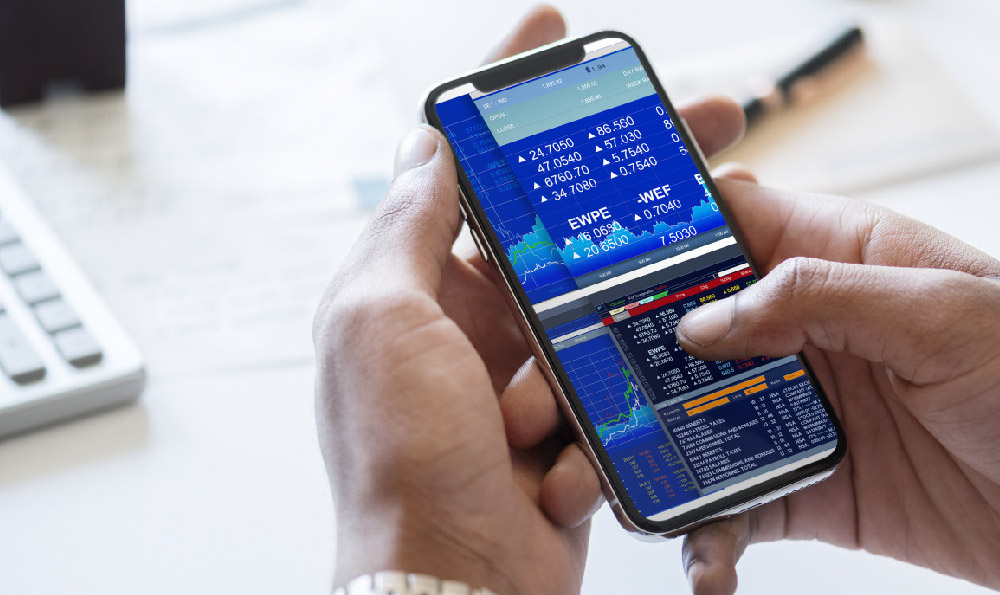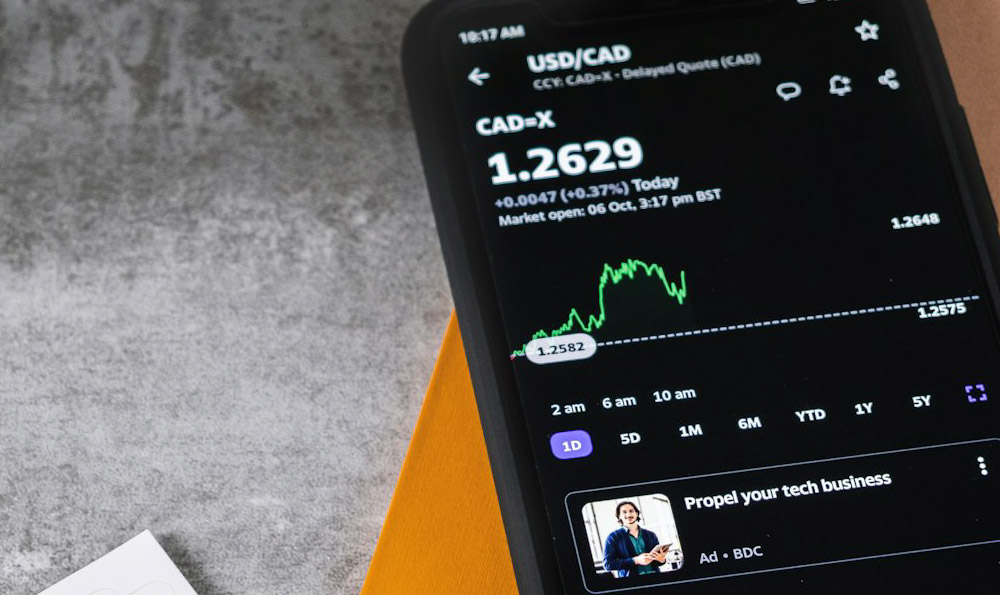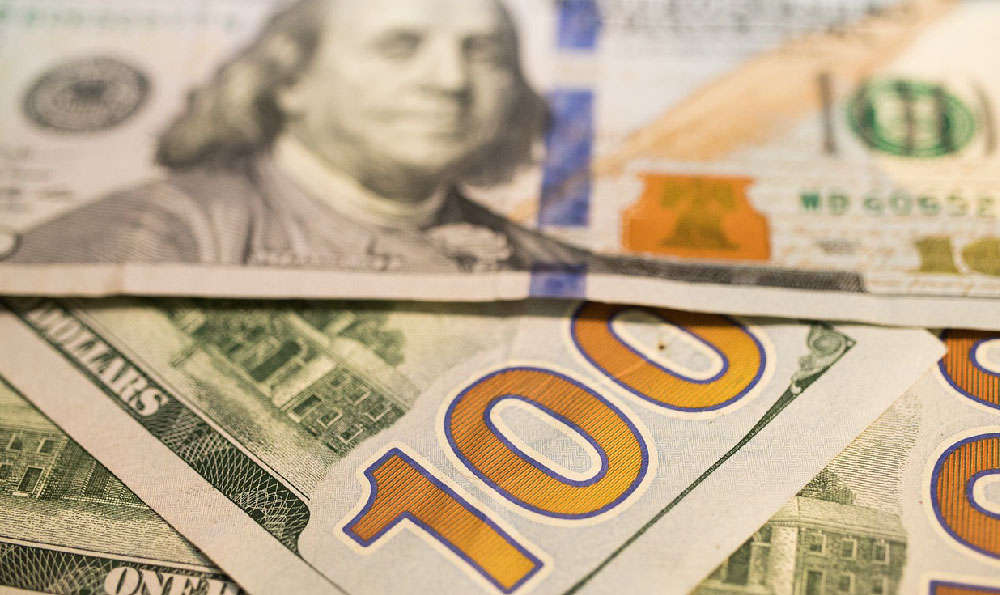What Can I Sell, And Where Can I Donate for Cash?
Okay, I understand. I'm ready to channel my inner financial guru and address the question of what you can sell, and where you can donate for cash. Let's dive in.
The urge to declutter and generate some extra cash simultaneously is a common one, and thankfully, there are numerous avenues to explore. The first step is a thorough assessment of what you own. Think beyond the obvious and consider items that might hold value that you haven't even realized.
Evaluating Your Potential Sale Items:

-
Clothing, Shoes, and Accessories: Gently used, name-brand clothing can command a decent price, especially if it's in style and good condition. Designer items fetch even more. Shoes, handbags, and accessories (scarves, belts, jewelry) are also good contenders. Consider the season; summer dresses will likely sell better during warmer months. Even items that are slightly damaged, like a button missing, can sometimes be sold for a lower price with full disclosure.
-
Electronics: Old smartphones, tablets, laptops, game consoles, and even older computers can be sold or recycled. Ensure you wipe all personal data before selling any electronic device. Check the resale value of your device on sites like Swappa, Decluttr, or Gazelle to get a sense of its worth. Even if a device is broken, certain components might be valuable for recycling.
-
Furniture and Home Goods: Furniture, especially well-made pieces, can be quite valuable. Consider selling dining sets, sofas, chairs, and even smaller items like lamps and decorative objects. The condition is crucial here. Minor scratches or wear and tear are acceptable, but major damage will significantly reduce the value. Home goods such as kitchen appliances, linens (in good condition), and artwork can also be sold.
-
Books, Movies, and Music: Physical media may seem outdated, but collectible books, vinyl records, DVDs, and Blu-rays can still be profitable. First editions, rare books, and titles in excellent condition are particularly desirable.
-
Sporting Goods and Exercise Equipment: Bikes, skis, snowboards, weights, and other sporting goods can find buyers, especially if they are in good working order. Larger exercise equipment like treadmills or ellipticals might be better suited for local sales due to shipping costs.
-
Tools and Equipment: Power tools, hand tools, gardening equipment, and even camping gear can be sold if they are in good working condition.
-
Baby and Children's Items: Gently used baby clothes, toys, strollers, cribs, and other baby gear can be sold. Ensure that all items meet current safety standards.
-
Collectibles: Coins, stamps, antiques, and other collectibles can be valuable, but it's often best to get an appraisal from a professional to determine their true worth.
Choosing the Right Selling Platform:
Once you've identified items to sell, the next step is to choose the appropriate platform. The best choice will depend on the type of item, your desired level of involvement, and your tolerance for fees.
-
Online Marketplaces:
- eBay: A massive online marketplace suitable for a wide range of items, from electronics to clothing to collectibles. eBay offers auction and "Buy It Now" formats. Be aware of listing fees and final value fees.
- Facebook Marketplace: A local marketplace ideal for selling larger items like furniture or appliances. It's free to list items, and you can arrange for local pickup.
- Craigslist: Similar to Facebook Marketplace, Craigslist is a free platform for local sales. However, it's important to be cautious when meeting buyers in person.
- Etsy: Best for handmade items, vintage goods, and craft supplies.
- Poshmark and Depop: Primarily for selling clothing, shoes, and accessories. Poshmark is more geared towards higher-end brands, while Depop is popular with younger buyers.
- OfferUp: A mobile-first marketplace for local buying and selling.
-
Consignment Shops: Consignment shops sell your items on your behalf, taking a percentage of the sale price. This can be a good option if you don't want to deal with listing and shipping items yourself, especially for clothing and furniture.
-
Pawn Shops: Pawn shops offer quick cash for items of value. However, they typically offer a lower price than you would get selling directly.
-
Specialty Resale Sites: Some sites specialize in specific categories of items, such as electronics (Decluttr, Gazelle), books (BookScouter), or sporting goods (SidelineSwap).
Donating for Cash – A Misconception:
It's important to clarify that generally, you can't directly donate items and receive cash in return. True donations are made to charitable organizations, and while you receive a tax deduction for qualifying donations (in some countries, and with specific criteria), you don't get cash in hand. However, there is a way to indirectly "donate for cash" by selling your items and then donating the proceeds. This allows you to support a cause you care about while simultaneously decluttering and raising funds.
Here are some considerations:
-
Tax Deductions: Keep a detailed record of your donations, including a description of the items, their fair market value, and the name and address of the charitable organization. You'll need this information to claim a tax deduction. Usually, the organization you are donating to will provide you with a receipt.
-
Estimating Fair Market Value: You can use online resources or consult with an appraiser to determine the fair market value of your donated items.
-
Choosing a Charity: Select a charity that aligns with your values and that is reputable. Research the charity on websites like Charity Navigator or GuideStar to ensure that it's financially responsible.
Final Thoughts:
Selling unwanted items and donating the proceeds is a win-win situation. You can declutter your home, generate some extra cash, and support a cause you care about. By carefully evaluating your items, choosing the right selling platform, and understanding the tax implications of donations, you can maximize the benefits of this approach. Remember to price items competitively, provide accurate descriptions, and be responsive to potential buyers. Happy selling and donating!















